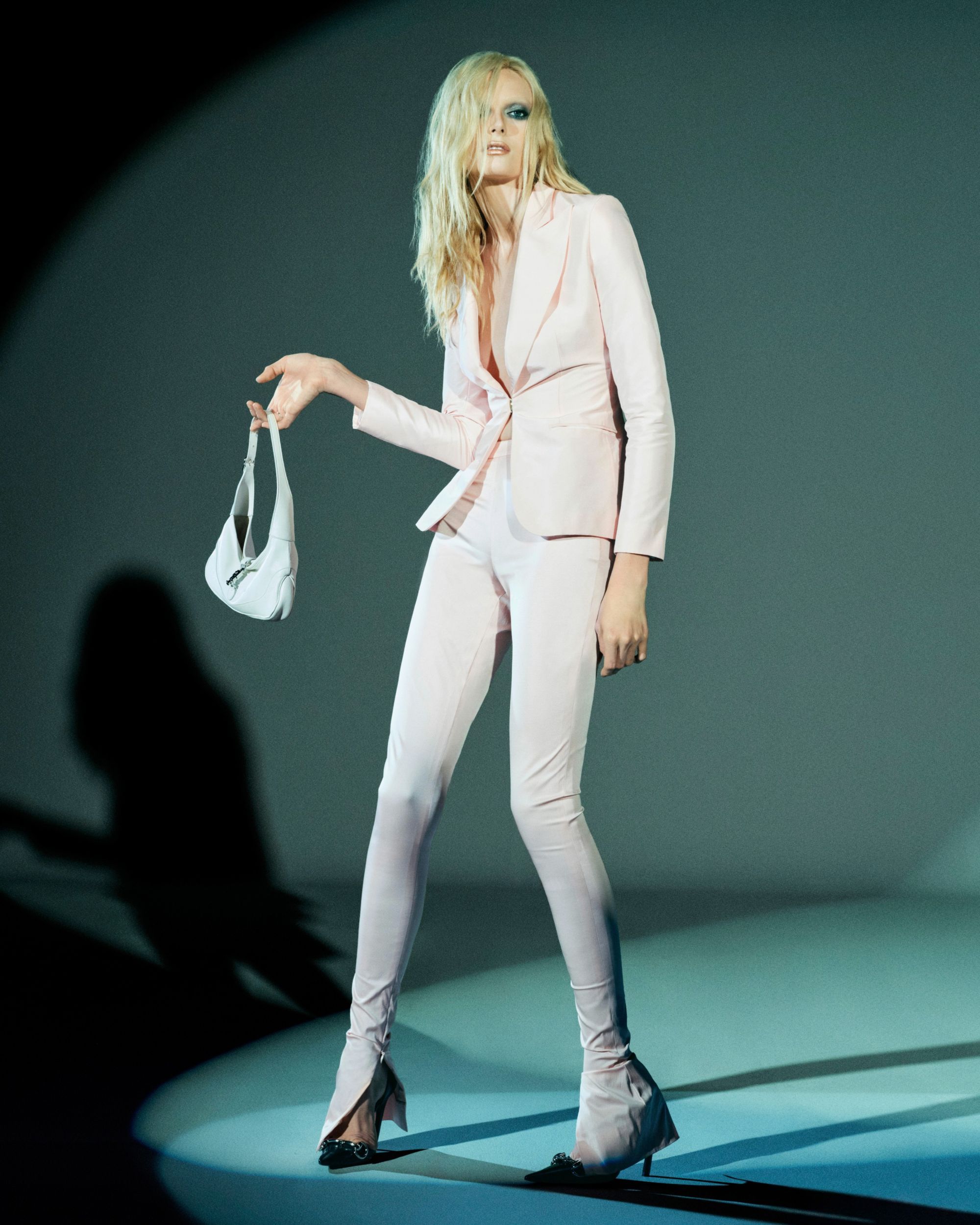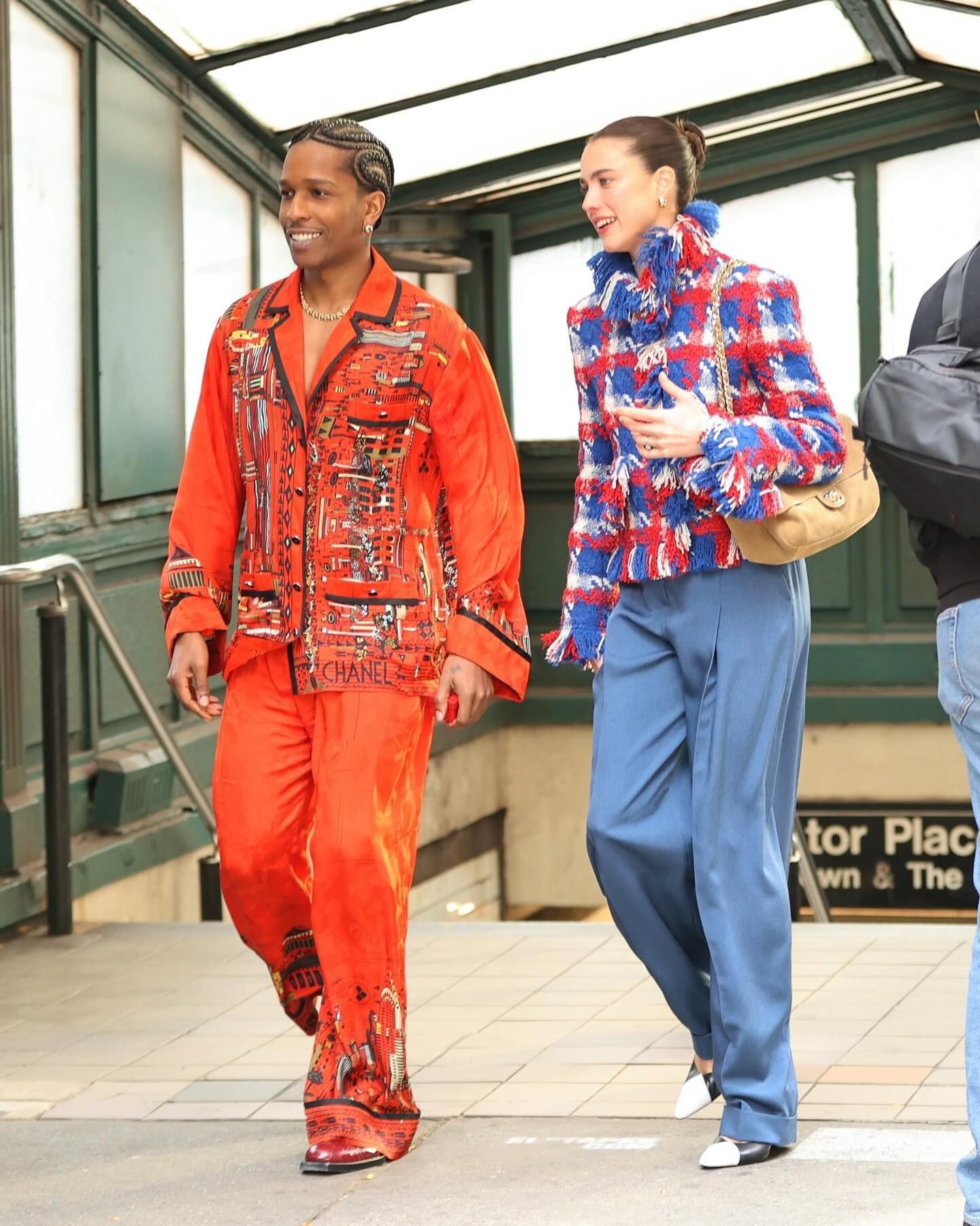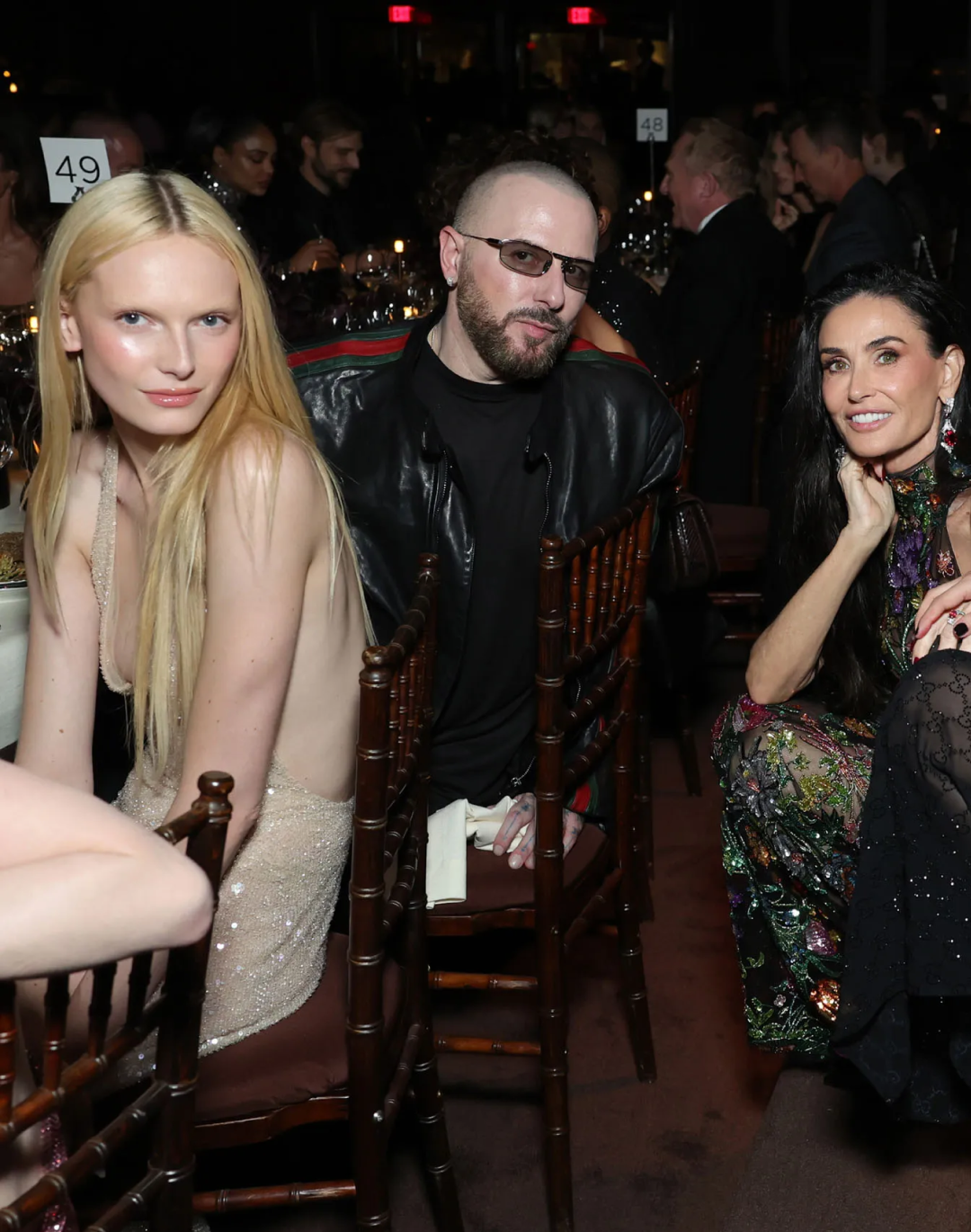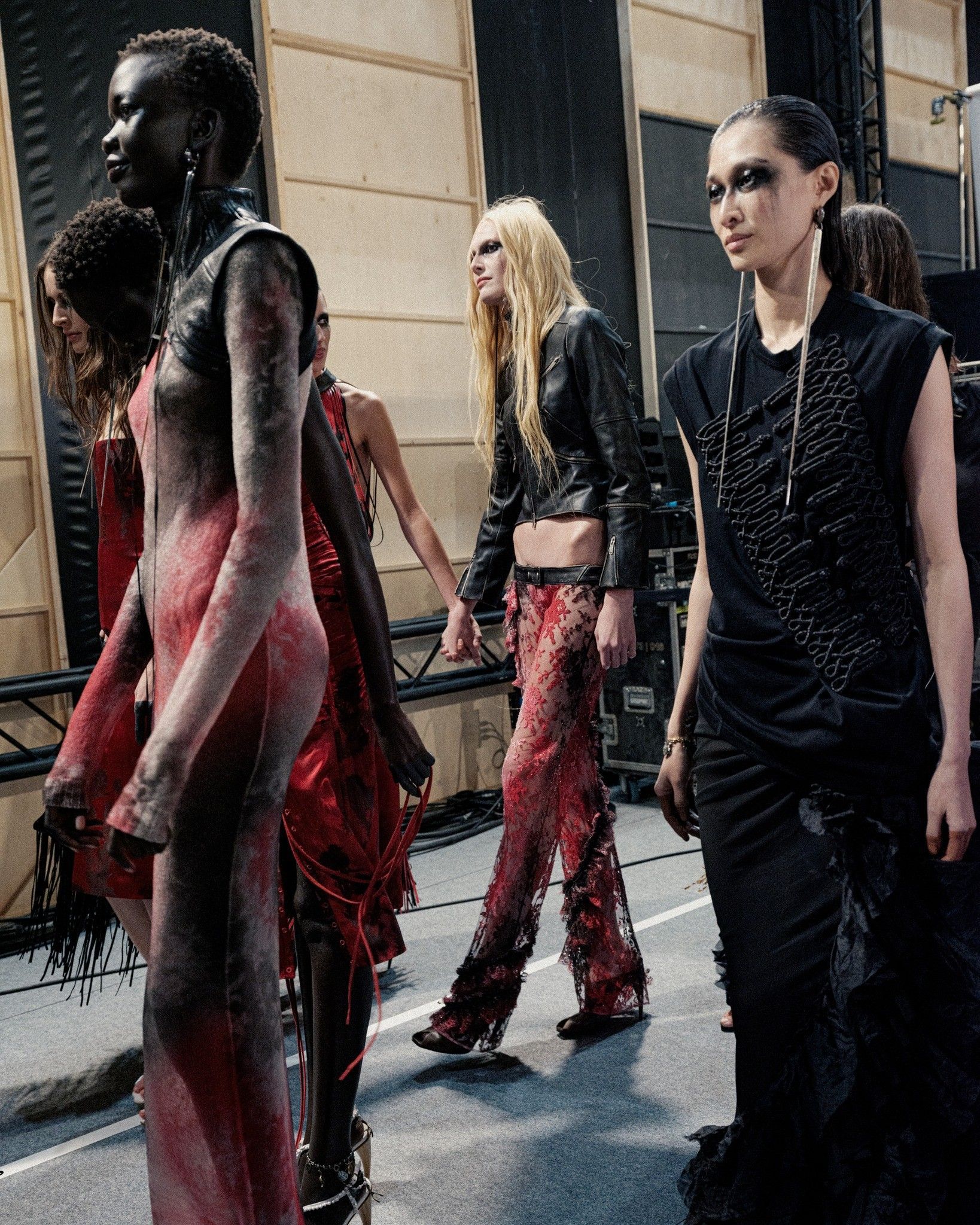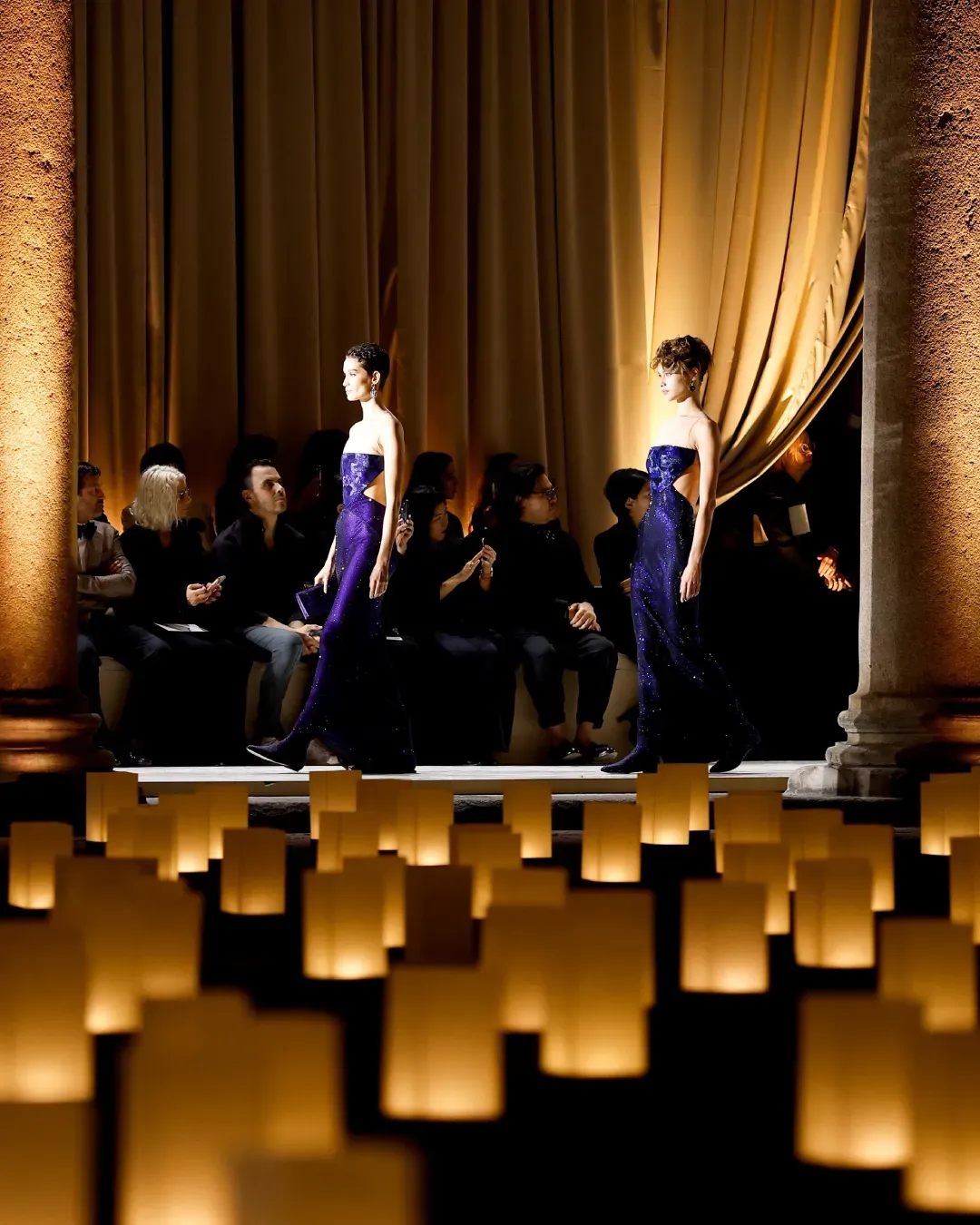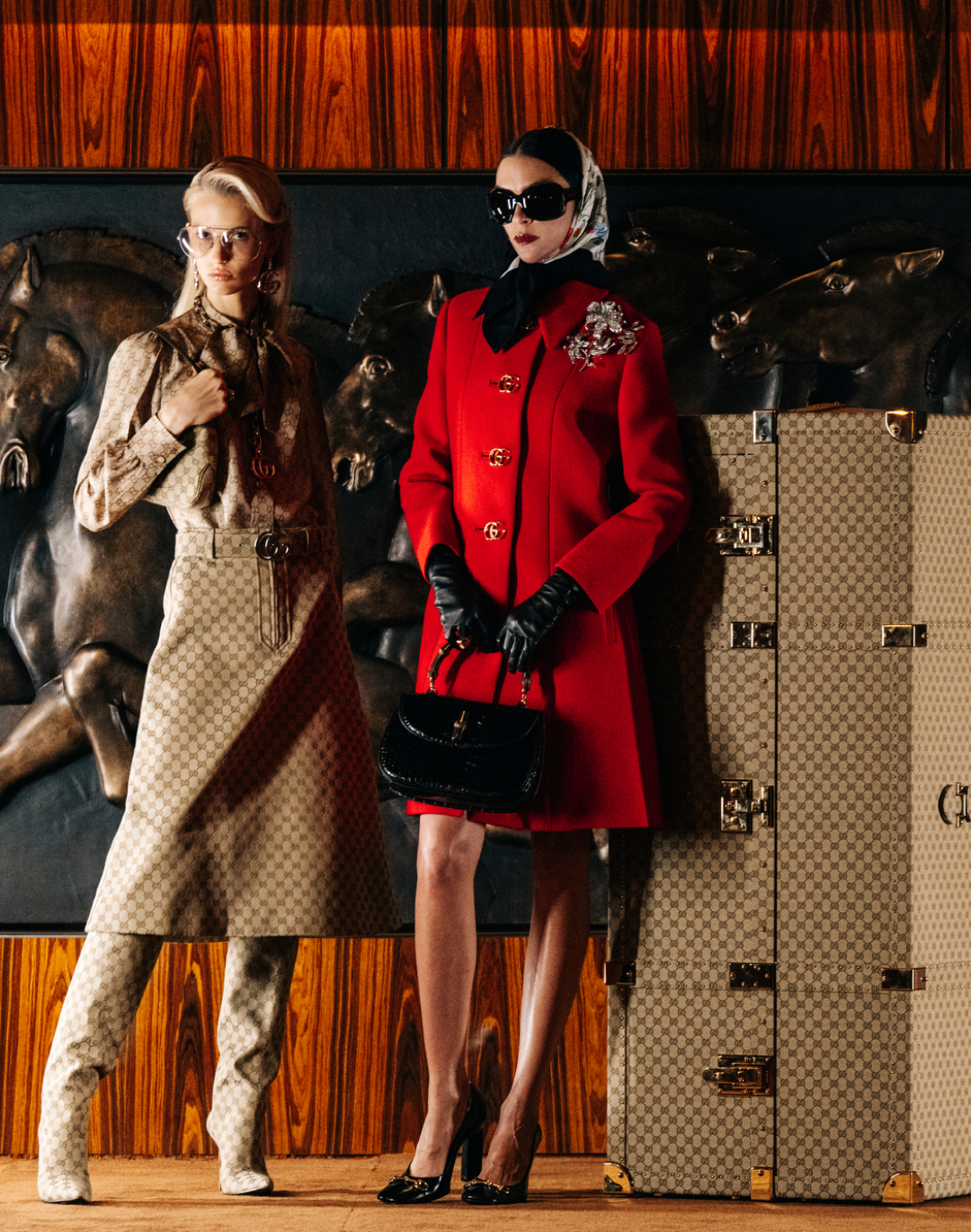
Skiing with Gucci in Cortina d'Ampezzo The brand has opened a boutique in collaboration with the historic retailer Franz Kraler
Cortina has been a reference destination for the world of luxury since the nineteenth century. A privileged destination for the European aristocracy for more than a century, the beating heart of the Italian myth of the skiing holiday and an aspirational destination for the middle class of the 80s, its aura of classic beauty and its role as a hub for luxury customers in half of Europe have made it a location loved by luxury brands for decades. The most recent to land in the city is Gucci which has opened a pop-up boutique in Corso Italia, 88 in collaboration with the historic retailer Franz Kraler, a name that from the 80s onwards has been a reference point for high-altitude fashion shopping. The boutique opened its doors in the city today presenting the second highly anticipated drop of the new Gucci x The North Face capsule.
The Pearl of the Dolomites, among other things, will soon live a very important moment in its history: the 2024 Winter Olympics. A very important moment both for the enormous international attention that its ski slopes will attract from all over the world - but also a historical anniversary because, in the period of the Second World War, it was precisely the VII Winter Olympics in Cortina that made the city return to the center of the international stage giving it a visibility and popularity that has not been exhausted over time but rather, has been increasing making it become a fixture in the Italian pop imagination together with the myth of the white week.
No other seasonal ritual has so much importance, in Italy, as that of the settimana bianca: from the radio commentary that told the spectacular slalom of Toni Salier during the Winter Olympics of '56; to the shots of Slim Aarons that portrayed the European upper class feasting on the terrace in front of the spectacular views of the Dolomites in the 60s and 70s, up to the all-Italian pop phenomenon of cinepanettoni who made a ruthless satire of the 80s consumer society, the name of Cortina d'Ampezzo has become that of a dream, of a stronghold of luxury like Capri and Montecarlo.
The longevity of this myth is inextricably linked to the history of Cortina itself, to the aspirational dimension gained by the locality precisely in that period of transition in which Italian luxury came out of its tight aristocratic circles to address a new audience of young customers modernizing in turn, becoming part of a wider culture.






































































